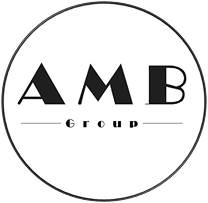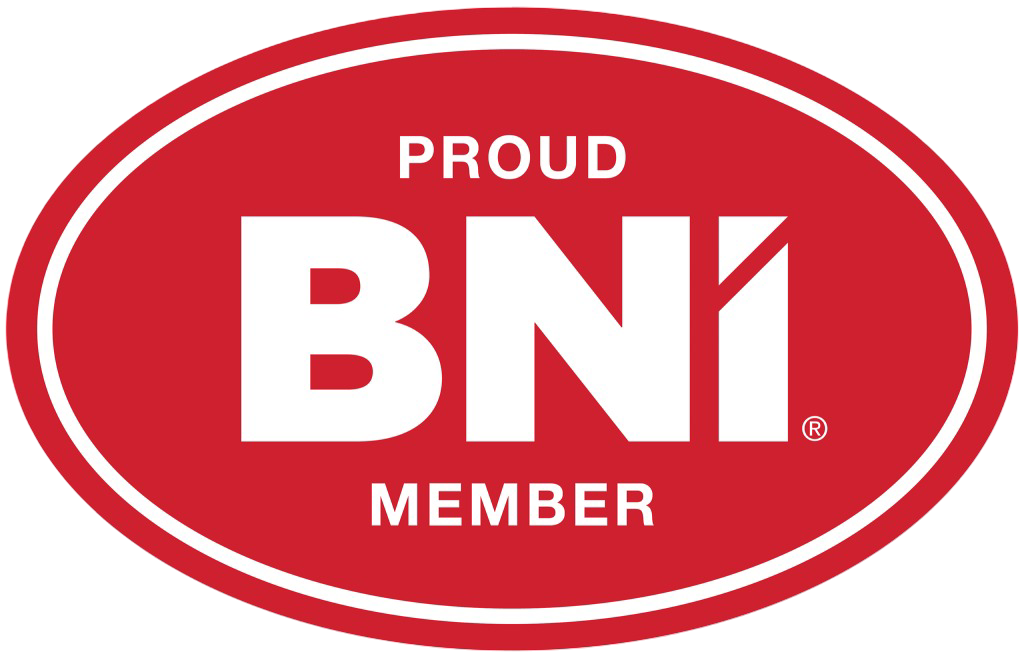COMPLIANCE, INTEROPERABILITY, AND THE 21ST CENTURY CURES ACT
As the legal industry increasingly relies on technology to streamline operations, the Integration of physi- cian electronic medical record (EMR) retrieval with case management software has emerged as a critical advancement. This integration not only enhances efficiency but also plays an important role in ensuring compliance with regulatory standards, particularly those related to Information Blocking Rules, healthcare and legal interoperability, and the 21st Century Cures Act. The healthcare information technology sector is highly regulated so law firms should seek to support vendors who are HIPAA compliant and maintain SOC2 and ISO certifications.
The Evolution of EMR Retrieval in Legal Case Management
Traditionally, obtaining medical records for legal cases was a labor-Intensive process, fraught with delays and errors. Law firms and legal professionals often had to navigate through a maze of paperwork, manual requests, and follow-ups with healthcare providers. However, the advent of digital transformation has changed this landscape.
Leading case management software platforms now offer Integrated EMR retrieval services, enabling legal professionals to access critical medical records swiftly and accurately. These Integrations allow for seamless data transfer, reducing the time spent on administrative tasks and minimizing the risk of errors. As a result, law firms can focus more on case strategy and client service, and enhance overall productivity.
Compliance with the 21st Century Cures Act and Information Blocking
The 21st Century Cures Act, enacted in 2016, has been a driving force behind promoting greater interoperability in healthcare by mandating secure and accessible elec tronic health information (EHI). A key provision prohibits Information Blocking practices that unreasonably obstruct access, exchange, or use of EHL. The Office of the National Coordinator for Health Information Technology (ONC) and the FDA can Impose substantial fines for violations.
To comply, medical records must be securely shared without undue interference, withall data requests starting with consent obtained through state-approved, HIPAA compliant forms. Integrated EMR retrieval systems within case management software enable law firms to access medical records efficiently, with automated workflows, timely requests, follow-ups, and alerts to prevent delays.
Enhancing Legal Interoperability
Legal Interoperability, the ability of different Information systems to work together within and across organizational boundaries, is a cornerstone of the 21st Century Cures Act. In the context of EMR retrieval, interoperability ensures that law firms can access and utilize medical records from various healthcare providers without compatibility issues. This capability ensures that medical records from disparate sources can be accessed, analyzed, and incorporated into legal cases without unnecessary delays or technical hurdles. By minimizing compatibility Issues and technical hurdles, Interoperability reduces delays in legal processes and ensures that all relevant medical information can be incorporated into legal cases promptly and accurately.
What to Ask an Electronic Medical Record Retrieval Vendor
Law firms should also engage in due diligence by reviewing the vendor’s certification status, asking for audit reports, and ensuring that the vendor’s prac- tices align with the firm’s Internal compliance policies. Regular audits and assessments should also be conducted to ensure ongoing compliance and security. In a sector as regulated and sensitive as healthcare information technology, law firms cannot afford to take risks with their data security. When selecting a vendor for electronic medical record retrieval and other health- care-related services, law firms should prioritize those that hold SOC2, and ISO as these certifications are not just checkboxes but are Indicative of a vendor’s dedica-tion to maintaining secure, compliant, and high-quality operations.
Tiffanny J. Anghel, MHA
HEAD OF PARTNERSHIPS YOCIERGE & YC API.
Head Of Partnerships Yocierge & Yc Api.
Phone: 862-209-0195
Email: ta@ycapi.health
Website: https://yocierge.com/
Calendar: cal.read.ai/tiffanny-a5xwi/











